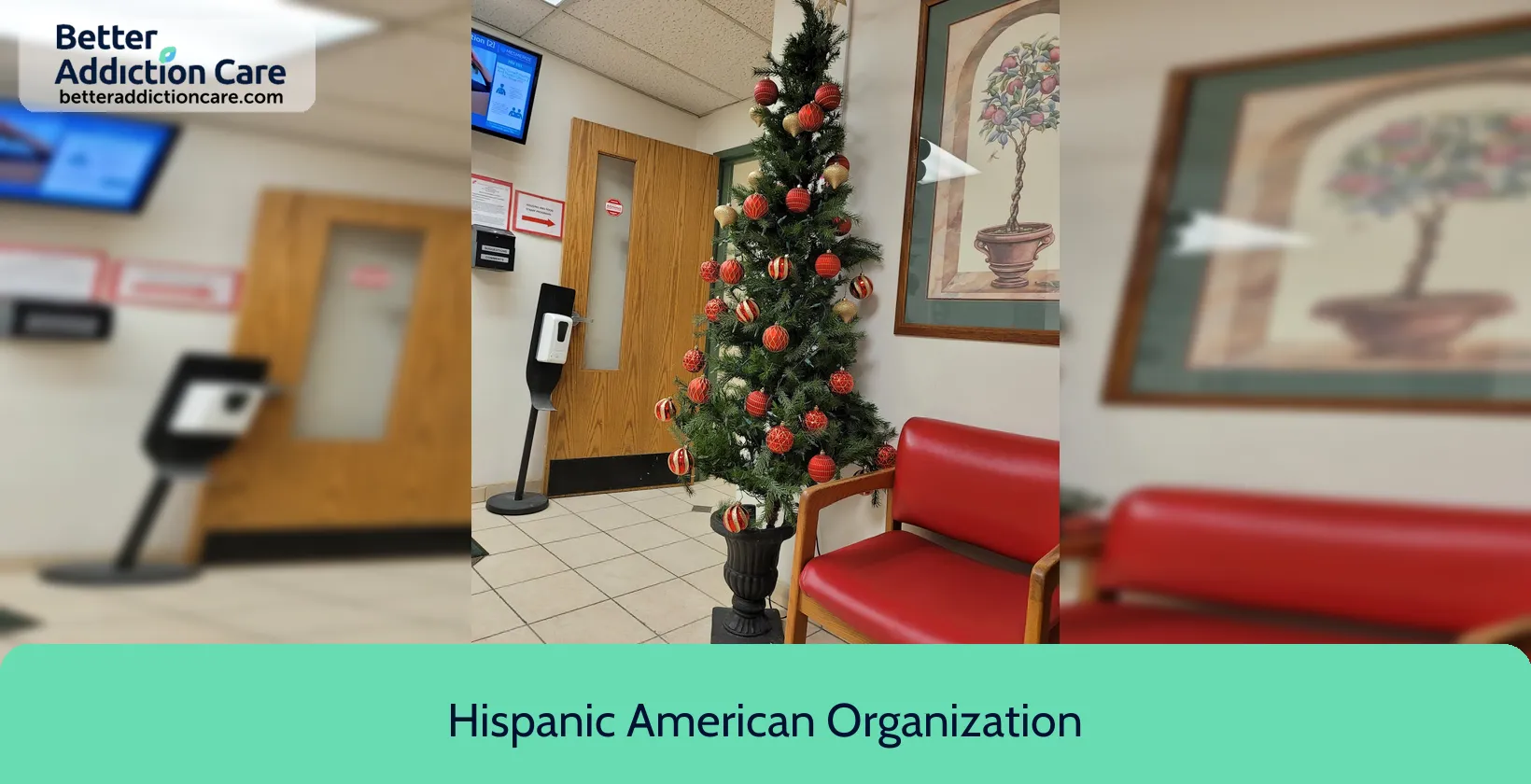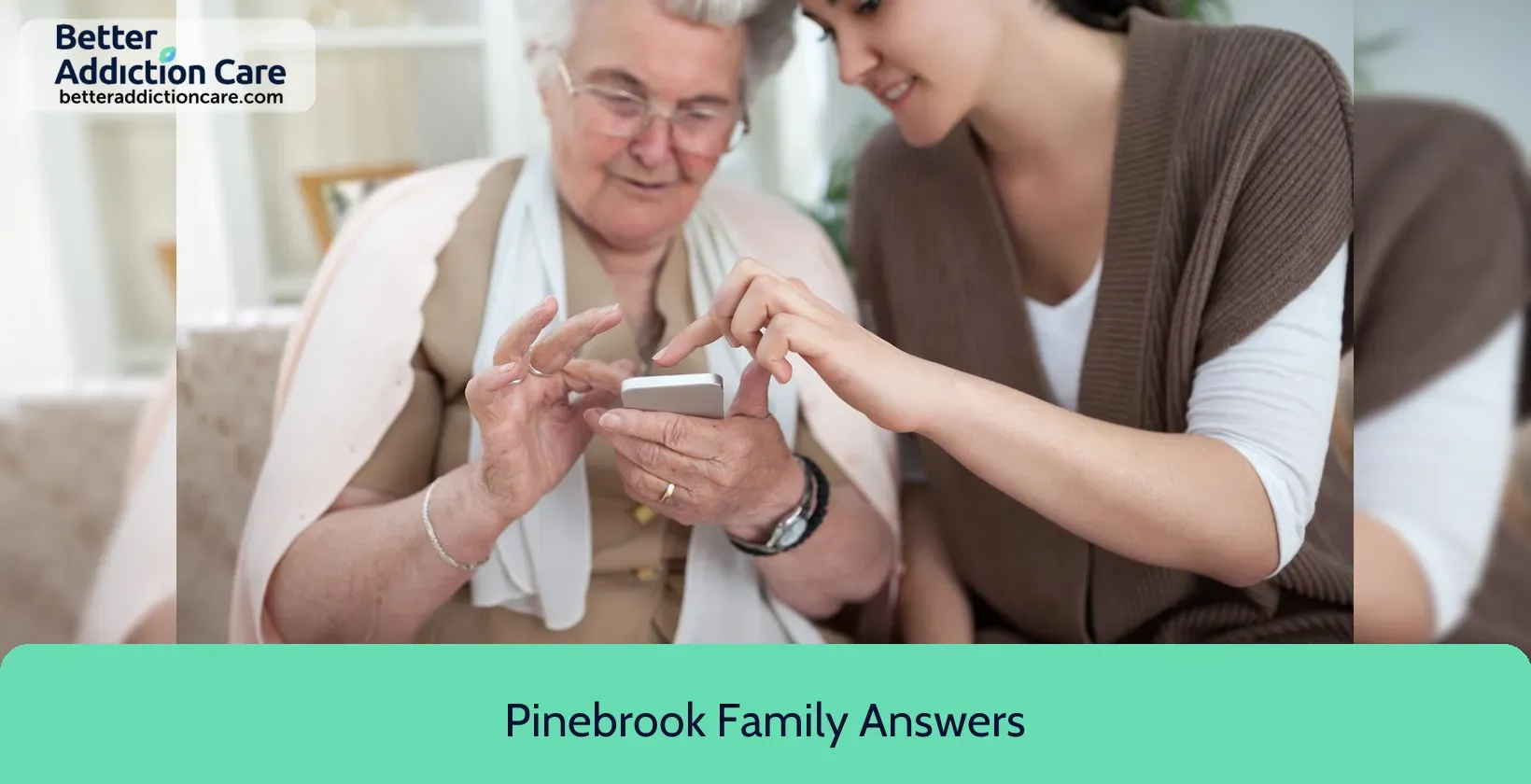KidsPeace

Overview
KidsPeace is a mental health treatment center for people seeking treatment near Lehigh County. As part of their treatment modalities for recovery, KidsPeace provides couples/family therapy, group counseling, and cognitive behavioral therapy during treatment. KidsPeace is located in Allentown, Pennsylvania, accepting cash or self-payment for treatment.
KidsPeace at a Glance
Payment Options
- Cash or self-payment
- Medicaid
- State-financed health insurance plan other than Medicaid
- Private health insurance
Assessments
- Screening for tobacco use
- Comprehensive mental health assessment
Age Groups
- Young adults
- Children/adolescents
- Adults
Ancillary Services
- Family psychoeducation
- Suicide prevention services
Highlights About KidsPeace
6.65/10
With an overall rating of 6.65/10, this facility has following balanced range of services. Alcohol Rehabilitation: 8.00/10, Drug Rehab and Detox: 6.00/10, Insurance and Payments: 6.00/10, Treatment Options: 6.61/10.-
Alcohol Rehabilitation 8.00
-
Treatment Options 6.61
-
Drug Rehab and Detox 6.00
-
Insurance and Payments 6.00
Treatment At KidsPeace
Treatment Conditions
- Mental health treatment
Care Levels
- Outpatient
Treatment Modalities
- Couples/family therapy
- Group counseling
- Cognitive behavioral therapy
- Telemedicine/telehealth therapy
- Smoking/vaping/tobacco cessation counseling
Ancillary Services
Languages
- Sign language services for the deaf and hard of hearing
Special Programs
- Clients who have experienced trauma
- Children/adolescents with serious emotional disturbance (SED)
- Persons 18 and older with serious mental illness (SMI)
- Persons with post-traumatic stress disorder (PTSD)
Get Help Now
Common Questions About KidsPeace
Contact Information
Other Facilities in Allentown

6.59

7.31

6.62

6.71

6.74

6.92

6.79
DISCLAIMER: The facility name, logo and brand are the property and registered trademarks of Pinebrook Family Answers, and are being used for identification and informational purposes only. Use of these names, logos and brands shall not imply endorsement. BetterAddictionCare.com is not affiliated with or sponsored by Pinebrook Family Answers.
